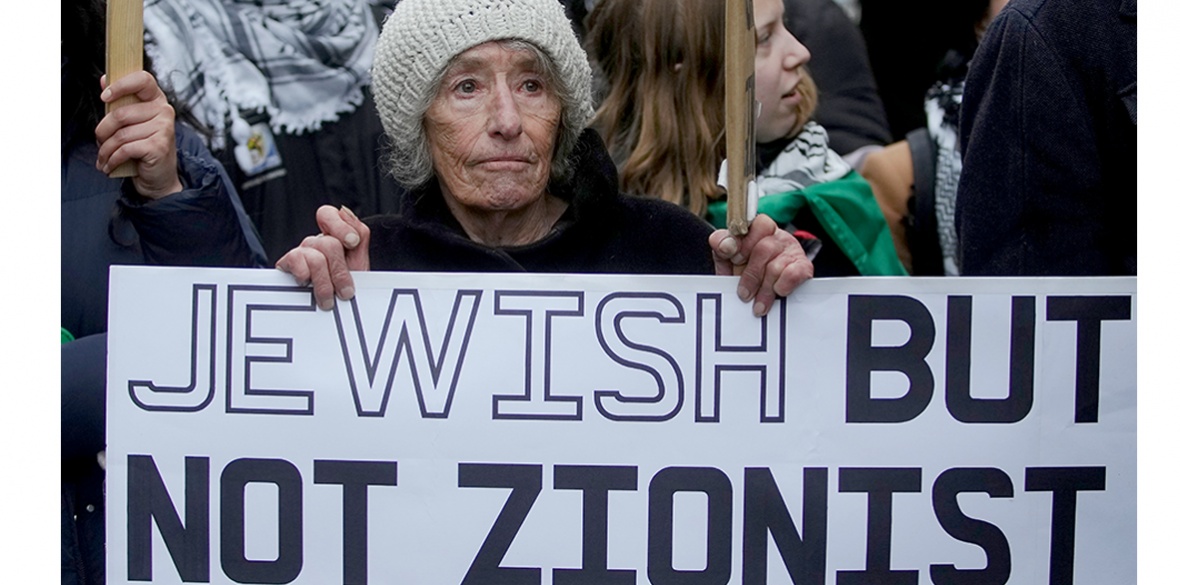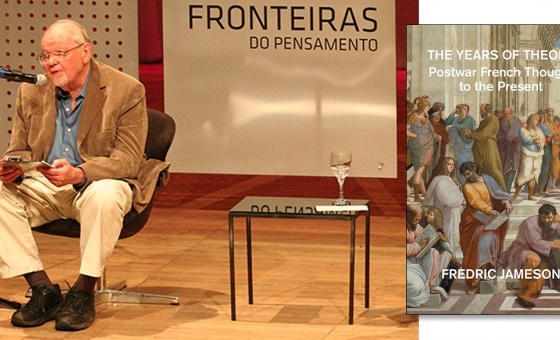This is the last article you can read this month
You can read more article this month
You can read more articles this month
Sorry your limit is up for this month
Reset on:
Please help support the Morning Star by subscribing here
WE ARE writing as members of the Jewish community who regularly join the national pro-Palestinian protests in central London. A few of us are observant and members of other synagogues, most of us are secular. What we share is our Jewish heritage and Jewish identity.
There are many differences between our group and Jewish organisations and individuals who are strong supporters of Israel. We do not expect that the divisions between us will narrow on account of this letter.
However, we demand that recognition and empathy be extended towards members of our community who hold pro-Palestinian views.
We assert our rights to hold those views. These rights were enshrined in the laws made in Europe following the Holocaust and the defeat of fascism and include an inalienable right to protest.
States do not have the powers to withdraw from this right, only to impose conditions where necessary.
We recognise that there is a real fear among some Jewish people who have been told again and again that Palestinian protests are anti-semitic and that they are “hate marches.” We sympathise with this anxiety because, as Jews, we share a long history of reasons to be fearful.
But anxieties should not obscure reality. Over the last 15 months, there have been 23 national marches for Palestine. Not once has a synagogue been attacked, nor worshippers experience any harassment and disruption.
Sure, it is discomfiting to see people with opposing views be vocal. But that is the point of living in an open, democratic society. To co-exist, to be in the realm of the public political space, we need to be able to live alongside, to tolerate, even to listen and to learn, without the need to suppress the “other.”
The assertions of the marches being anti-semitic, despite the frequency with which they are made, are wholly evidence-free.
There are always Jewish people on the march, most organised as a Jewish bloc. That these include Jewish Holocaust survivors and descendants of Jewish Holocaust survivors is a point that has been made consistently and has been continually ignored, as has the fact that we are always warmly welcomed and our platform speakers loudly cheered.
The conflation of Jews with Israel and zionism and anti-zionism – and even criticism of the actions of the state of Israel – with anti-semitism is false and dangerous on many levels.
We worry that Jews may well, unfairly, be on the receiving end of abuse as people are told time and time again that Jews support Israel, that those, like us, who do not are “JINOs (Jews in Name Only)” or even more painfully “kapos” (ie collaborators with the Nazis).
The assertion that Jews are upset and frightened by displays of criticism of Israel and/or support for Palestinians, means that, in many people’s eyes, to be a real Jew means defending and supporting a state carrying out war crimes and plausible genocide.
It is dangerous to reawaken, without just cause, the understandable real fears many Jewish people feel at the possible consequences of a resurgence in anti-semitism.
Furthermore, those raising fears about anti-semitism from those who support Palestine often support far-right leaders who do support the state of Israel but who are racist, oppose asylum for those fleeing persecution, just as we Jews needed so badly and were tragically denied.
Most importantly, in the current context, this conflation of Jews with Israel and anti-zionism with anti-semitism is part of the narrative which has enabled the decades of discrimination and oppression of Palestinian people, leading up to the horrors inflicted on the people and places of Gaza and the West Bank, horrors that we know exist.
We cannot stand by in the face of such inhumanity. It is beyond time that the Home Secretary, the Metropolitan Police and the Mayor of London understand that the small Jewish population in the UK is not unified on all issues any more than any other community.
To allow the voices of one part of that population to dominate is not supporting the cause of anti-racism. It is partisan and undermines the pillars of the free society that many of our grandparents fought for.
Leah Levane & Jenny Manson
Co-Chairs, Jewish Voice for Labour










